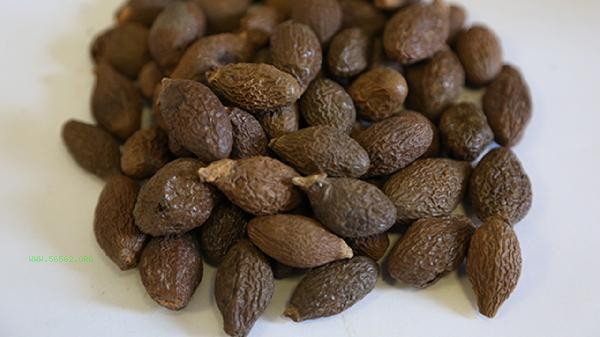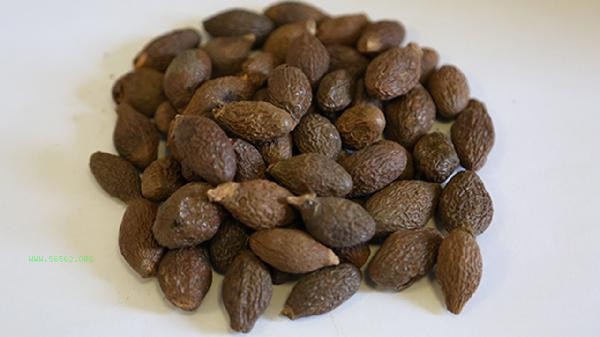Both Ophiopogon japonicus and Pangdahai are traditional Chinese medicines, but Ophiopogon japonicus is slightly cold in nature, Pangdahai is cold in nature, and people with spleen and stomach deficiency cold, wind cold and cold, and pregnant women should not consume them simultaneously. Ophiopogon japonicus is commonly used to nourish yin and moisten the lungs, while Pangdai is often used to clear heat and invigorate the throat. The combination of the two may exacerbate discomfort for those with a cold constitution. Both Ophiopogon japonicus and Pangdahai are cold medicinal herbs, which can cause abdominal pain and diarrhea for those with spleen and stomach deficiency and cold. This group of people has weaker digestive function, and cold medicinal herbs can further damage spleen yang, leading to symptoms such as decreased appetite and loose stools. Patients in the early stages of wind cold and cold should not use it. At this time, it is necessary to disperse surface cold. Cold drugs may cause evil qi to sink in and prolong the course of the disease. Pregnant women have a special constitution, and excessive intake of cold medicinal herbs may affect fetal development, especially in the early stages of pregnancy, which requires caution.

In some special cases, compatibility should be used under the guidance of a physician. For patients with lung dryness, cough, and sore throat, if their constitution is too hot or Yin deficiency and fire are strong, a small amount of combination after differentiation can enhance the effect of moistening dryness and clearing heat. But it needs to be combined with ginger and jujube isothermal traditional Chinese medicine to balance the medicinal properties and avoid excessive coldness. If patients with chronic pharyngitis use Pangdahai for a long time, it may cause spleen and stomach dysfunction, and they need to take it intermittently or in combination with spleen strengthening drugs.
Before using Ophiopogon japonicus or Pangdahai, it is recommended to consult a traditional Chinese medicine practitioner and use medication based on physical constitution differentiation. In daily life, it can be paired with spleen strengthening ingredients such as glutinous rice and yam to alleviate coldness and avoid taking on an empty stomach. Those with throat discomfort can use Momordica grosvenorii, honeysuckle, etc. to replace Panghai Sea, and those with weak spleen and stomach can use Pseudostellaria heterophylla, Poria cocos isothermal and medicinal materials to replace ophiopogon japonicus.










Comments (0)
Leave a Comment
No comments yet
Be the first to share your thoughts!